 freeimageslive
freeimageslive 1) Highly radioactive water is leaking from a storage tank into the ground at Japan's Fukushima plant two years after the 2011 earthquake and tsunami. More on the story: http://www.bbc.co.uk/news/world-asia-23776345
2) About 50 firefighters have worked overnight tackling a huge fire at a UK, Greater Manchester recycling plant. Workers were on site when it started, they had just gone for a break. When the fire service arrived they met a rapidly developing fire. The fire built up quickly in stacks of recycled waste about 5m high, and raged through the whole site.
3) In the Syrian conflict, activists claim chemical weapons attacks have killed dozens on the outskirts of Damascus. Both the rebels and government forces have accused each other of using chemical weapons during the conflict. It is not clear whether the inspectors will look into the latest allegations.

Should we allow what goes on in the rest of the world to affect our outlook?
In my small area of reality, life goes on. My husband and I live a simple life, struggling to pay our debts while we support each other. With my walking disability, I'm lucky to have a loving partner to help with the running of the home. So many people live alone. Another family is in the process of moving into a tiny upstairs flat in our block of four. After the death of the previous aged tenant, the living space has been taken over as emergency housing and a husband, wife and teenage son will live there. About seven people helped with shifting the furniture.

I guess it's best to concentrate on what we see around us every day. It's amazing how much diversity each person experiences in the same world.
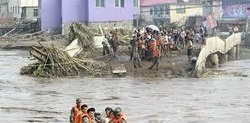
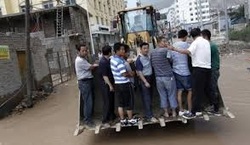
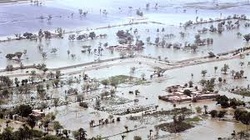
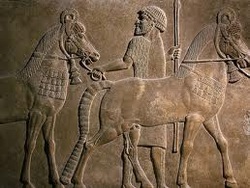
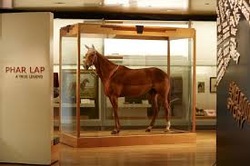
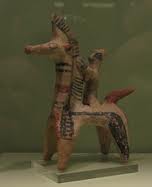
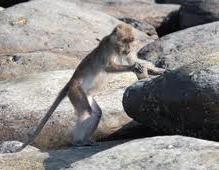



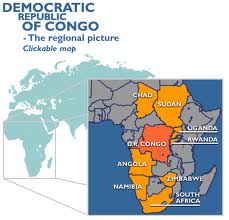



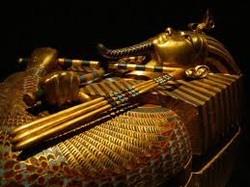



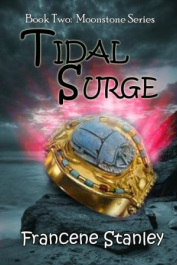
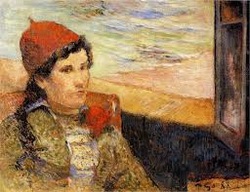


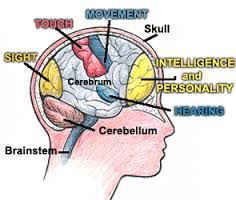

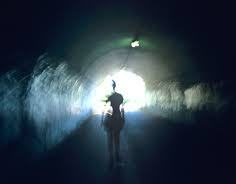




 RSS Feed
RSS Feed






